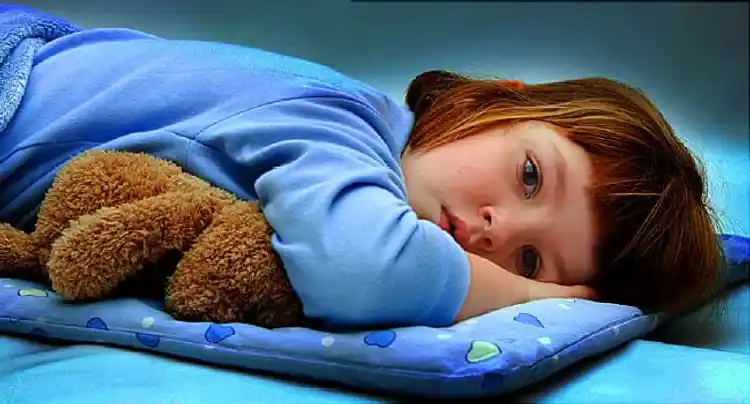Solve Bedtime Battles

Hide Video Transcript
Video Transcript
MADELINE LEVINE
Bed time is such a difficult time in many, many homes. Your kid has been at school all day, has had all kinds of things they have to deal with. You've been at work all day. Everybody's tired. You're sort of at the lowest ebb of the day. And it is so tempting to just say, go to bed when you feel like it. Probably not the best way to handle the disappointment of what we all thought would be just the lovely tuck in kind of time, delicious time with our kids, like when they were younger. I think there are several things that we know about sleep deprivation that are very important to keep in mind.
HANSA BHARGAVA
Sleep is essential for a child's well-being. It impacts their mood, their ability to focus, and their ability to make good choices about exercise and nutrition. MADELINE LEVINE
Kids who don't get enough sleep can't concentrate. They can't learn well. They perform less well academically. They're more susceptible to autoimmune dysfunction. They tend to be more depressed. Sleep deprivation is a huge problem in this country for our children and for ourselves. Nobody's getting the amount of sleep that they really need. And if you've got a teenager, they are going to have trouble going to sleep, because they've had what's called a phase shift, which means they're night owls.
And you want them to go to bed at 11:00, so that they get their eight or nine hours. And they want to go to bed at 1:00. And if the world was really working in sync with teenage development, they would be going to bed at 1:00 and going to school at 10:00. But that's not what we have.
So we have to get creative about helping our kids have an easier time of going to sleep. And there are things that I think parents can do to make that easier. We know that electronics are stimulating. They actually stimulate the retina so that kids are more awake.
An hour before bed time is time to power down. So we need to tell our kids, bedtime is 11 o'clock. 10 o'clock, all the electronics go off. And somewhere very soon after that, your kid gets horizontal, because horizontal kids are more likely to go to sleep than vertical kids.
We also need to have sleep hygiene, an established routine every night, because that also makes it easier for kids to go to bed. And that could be a bath with a younger child. And it might be 20 minutes of TV and then power everything down and relax.
It's not the time-- your kid is liable to say to you, it really relaxes me to get on Facebook before I go to bed. It does not relax them, particularly if you have a middle age, adolescent daughter, who is just reliving all the drama of the day on Facebook. In general, those things actually don't, even though kids very often will say this is what really relaxes me. We have research that says it doesn't.
I think it's very important that parents kind of hold their ground. And we're tired ourselves. So I'm talking to you about your kids, but I'm also talking to you about yourself, that you will be able to function better if you get a full night's sleep. For an adult, that's seven to eight and a half hours.
HANSA BHARGAVA
Any time a parent can be a role model and show by example, it's going to be really effective. So that's a great reason for you, mom and dad, to get to sleep early and get plenty of rest. 
